The Ultimate Guide to Crafting and Launching Effective App Promotion Ads
-
23/02/2023
-
761
-
0
- 1. Understanding Your Audience of app promotion ads
- 2. Defining Your App's Unique Selling Proposition (USP)
- 3. Creating Eye-Catching Ad Creatives of app promotion ads
- 4. Crafting Compelling Ad Copy of app promotion ads
- 5. Choosing the Right Advertising Channels and Formats
- 6. Analyzing and Optimizing Ad Performance
- Conclusion
If you're looking to promote your mobile app and reach a wider audience, crafting and launching effective app promotion ads is a crucial aspect of your marketing strategy.
Related posts
How to increase Google Play downloads and installs free
Best Tips to Increase iOS app installs and downloads on App Store organic
1. Understanding Your Audience of app promotion ads
Understanding your audience is a crucial aspect of creating effective app promotion ads. Here are some sub-ideas for this main idea:
Identify your target audience
- Define the demographics (age, gender, income, etc.) of your ideal customer
- Analyze user data and feedback to gain insights into your existing audience
- Use market research tools to identify trends and behavior patterns among your target audience
Understand their behavior patterns and preferences
- Determine how your audience interacts with mobile apps and advertising
- Identify their pain points and motivations for using apps
- Analyze their preferred channels for discovering and downloading apps
Identify the best channels to reach them
- Determine which social media platforms your audience uses the most.
- Research which mobile apps they use frequently and where they are likely to see ads
- Evaluate the effectiveness of different advertising channels for reaching your audience (paid search, social media ads, display ads, etc.)
2. Defining Your App's Unique Selling Proposition (USP)
Defining your app's unique selling proposition (USP) is crucial to creating effective app promotion ads. Here are some sub-ideas for this main idea:
Define your app's core features and benefits
- Identify the features and benefits that make your app stand out from the competition
- Understand the value proposition that your app provides to its users
- Use user feedback and data to identify the most popular and compelling features
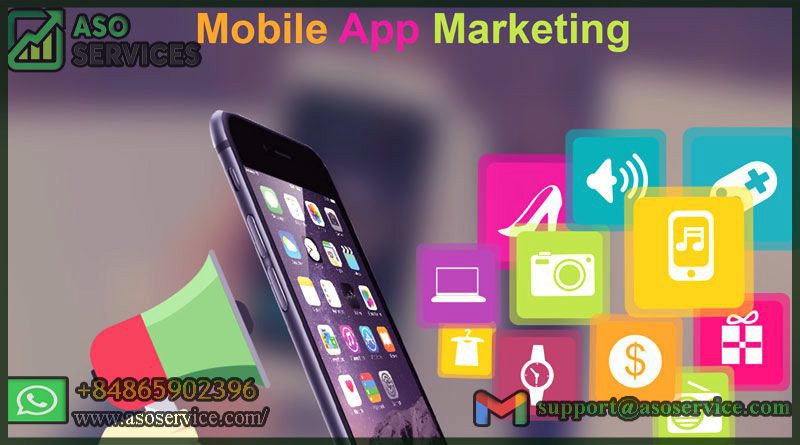
Defining Your App's Unique Selling Proposition (USP), Source: asoservice.com
Understand how your app stands out from the competition
- Conduct a competitive analysis to identify other apps in your category
- Determine how your app is different from similar apps
- Identify areas where your app can provide a unique experience or value to users
Determine how to communicate your USP effectively in your ads
- Use clear and concise language to communicate your app's core benefits
- Highlight your unique features and how they benefit users
- Use visuals and creative elements to reinforce your USP and differentiate your app from the competition
3. Creating Eye-Catching Ad Creatives of app promotion ads
Creating eye-catching ad creatives is essential to the success of any app promotion campaign. Ad creatives are the first point of contact between an app and its potential users; and they need to be visually appealing and attention-grabbing to make an impact.
One key aspect of creating eye-catching ad creatives is choosing high-quality images and videos that showcase the app's features and benefits. This can help users better understand what the app is all about and what value it offers. Visuals should be high-resolution and accurately represent the app's quality.
Another important element of ad creatives is incorporating attention-grabbing headlines and call-to-actions. The headline should be short, impactful, and clearly communicate the app's benefits. The call-to-action should encourage users to take action; such as downloading or installing the app. Testing different variations of headlines; and calls to action can help determine what works best.
Finally, it's crucial that ad creatives align with the brand's messaging and values. Using the brand's colors, fonts, and imagery; can help maintain consistency while ensuring that ad creatives accurately represent the brand's messaging and can help build trust with potential users.
Overall, creating eye-catching ad creatives requires a combination of creativity, strategy, and attention to detail. Ad creatives should accurately represent the app; communicate its benefits, and be visually appealing to users. By following these principles, app developers and marketers can create effective ad campaigns that drive downloads and user engagement.
4. Crafting Compelling Ad Copy of app promotion ads
Crafting compelling ad copy is essential to creating effective app promotion ads. Ad copy is the written text that accompanies an app's visuals, and it plays a critical role in communicating the app's value proposition to potential users.
One key element of crafting compelling ad copy is to keep it simple and easy to understand. This means using clear and concise language that accurately represents the app's benefits. Ad copy should be written in a way that is easy to scan and quickly communicate the app's value proposition.
Another important aspect of crafting compelling ad copy is to focus on the user's pain points and motivations. By understanding what problems users are trying to solve with the app, marketers can craft copy that speaks directly to their needs and motivations. Ad copy should highlight the app's key features and benefits that solve these problems, making it clear how the app can make users' lives better.
Finally, it's essential to test different variations of ad copy to determine what works best. A/B testing can be used to compare different versions of ad copy and see which one performs better. Marketers can test different headlines, body copy, and calls to action to see which combination generates the most clicks, installs, and conversions.
Overall, crafting compelling ad copy requires a combination of understanding the app's value proposition, the user's pain points and motivations, and A/B testing to optimize the ad copy for maximum effectiveness. By following these principles, app developers and marketers can create ad campaigns that effectively communicate the app's value proposition and drive user engagement.
5. Choosing the Right Advertising Channels and Formats
Advertising is an essential aspect of any business or organization looking to promote its products or services. However, with so many advertising channels and formats available today, choosing the right one can be a daunting task.
The first factor to consider when choosing advertising channels and formats is the target audience. It is essential to understand the demographics, interests, and behavior of the target audience to choose the channels and formats that will effectively reach them. For instance, if the target audience is young and tech-savvy, social media platforms such as Instagram, TikTok, and Snapchat would be appropriate channels to reach them.
Another factor to consider when choosing advertising channels and formats is the budget. Different advertising channels and formats have varying costs; and it is crucial to select those that align with the budget. Therefore, businesses with a limited budget may opt for the latter.
Additionally, the nature of the product or service being advertised should also guide the choice of advertising channels and formats. On the other hand, if the product is a niche skincare line; partnering with influencers or using social media platforms such as Instagram would be more effective.
Lastly, the objective of the advertising campaign should be considered when selecting the right advertising channels and formats. If the aim is to increase brand awareness; channels such as television and billboards would be more effective. On the other hand, if the goal is to generate leads or sales; channels such as email marketing and Google ratings would be more appropriate.
In conclusion, selecting the right advertising channels and formats is crucial for the success of an advertising campaign. By considering the target audience, budget, product nature, and advertising objective, businesses and organizations can select channels and formats that will effectively reach their target audience and achieve their advertising goals.
6. Analyzing and Optimizing Ad Performance
Analyzing and optimizing ad performance is essential for any business or organization looking to improve the effectiveness of its advertising campaigns. By analyzing ad performance, businesses can identify areas for improvement and make data-driven decisions to optimize their ad campaigns for better results. In this essay, we will discuss some essential steps for analyzing and optimizing ad performance.
The first step in analyzing ad performance is to define clear performance metrics. These metrics should align with the objectives of the advertising campaign and be measurable. Examples of performance metrics include click-through rates (CTR), conversion rates, and cost per acquisition (CPA). Once performance metrics are defined, businesses can use analytical tools such as Google Analytics or Facebook Ads Manager to track and measure their ad performance.
The second step is to conduct regular performance analysis. This involves regularly reviewing ad performance data to identify patterns, trends, and areas for improvement. Analyzing ad performance data allows businesses to identify which ads are performing well and which ones are not; enabling them to make informed decisions about optimizing ASO their ad campaigns.
The third step is to test and optimize ad campaigns. Ad testing involves creating multiple versions of an ad; and testing them against each other to identify the best-performing one. This can be done by testing different ad formats; ad copy, or targeting options. Once the best-performing ad is identified; businesses can then optimize their ad campaigns based on the insights gained from the testing process.
In conclusion, analyzing and optimizing ad performance is essential for businesses; and organizations looking to improve the effectiveness of their advertising campaigns. By defining clear performance metrics; conducting regular performance analysis, testing and optimizing ad campaigns; and monitoring performance, businesses can make data-driven decisions to improve their ad performance and achieve their advertising objectives.
Conclusion
By following the tips and strategies outlined in this ultimate guide, you can create and launch effective app promotion ads that capture the attention of your target audience and drive downloads and engagement for your mobile app.
Related posts
https://asoservice.com/app-installs-downloads
https://asoservice.com/top-app-keyword-ranking
Thanks so much for reading this article.
Source: https://asoservice.com/




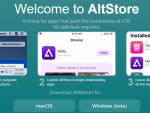














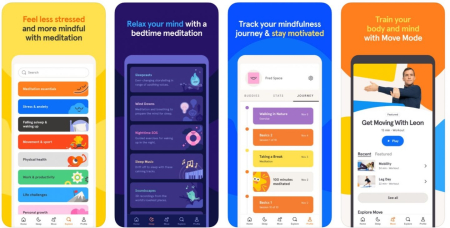





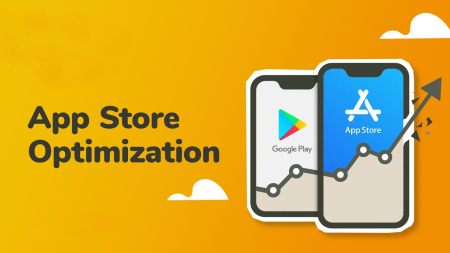
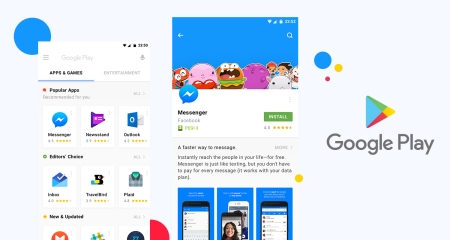
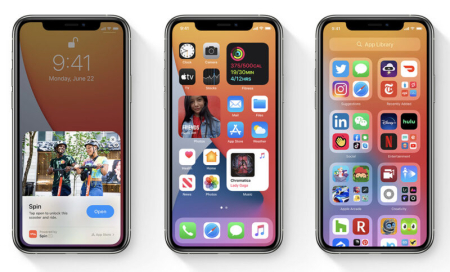




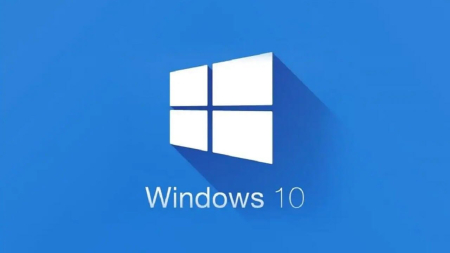



Leave a Reply
Your e-mail address will not be published. Required fields are marked *